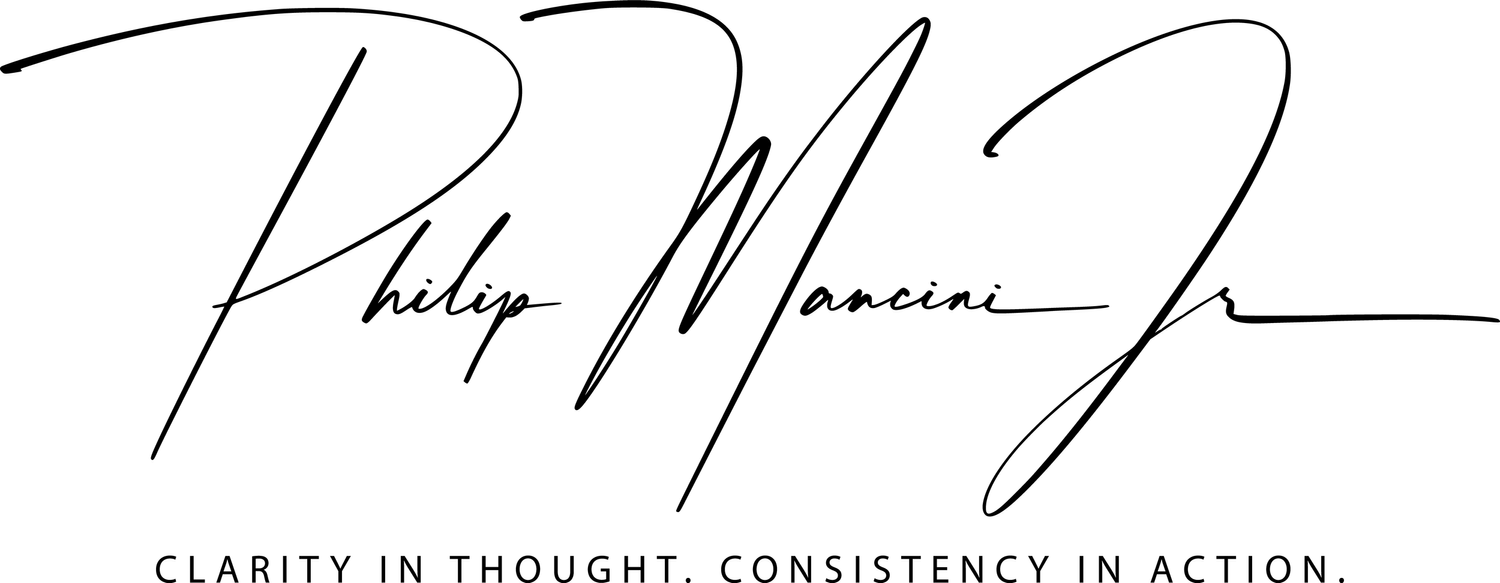Learning Well
In a world full of image makers, learning well means knowing what—and who—to trust.
In a time when information is instant and abundant, learning well has become more challenging than ever. We're overloaded with opinions, headlines, commentary, and contradiction. Yet the responsibility remains: to judge carefully, think critically, and pursue truth—without arrogance or naivety. Learning well isn’t about agreeing with the right people. It’s about developing the ability to evaluate, compare, and synthesize ideas with discernment.
Big Idea
Learning well requires more than consuming information—it demands critical engagement, open-mindedness, and the ability to see through illusion. In a society of image makers, filters, and algorithms, our intellectual growth depends on developing internal filters: curiosity, skepticism, humility, and pattern recognition. The best learners aren’t the ones who know the most—they’re the ones who question well, synthesize widely, and are willing to evolve.
“It is the mark of an educated mind to be able to entertain a thought without accepting it.”
—Aristotle
We Live Among Image Makers
Plato’s Allegory of the Cave illustrated this long before social media existed. We don’t see the thing itself—we see shadows, filtered through others’ perspectives. Today’s “image makers” are influencers, pundits, and algorithms, shaping what we see and think. Their intentions vary—some educate, some manipulate, many entertain. Learning well starts with evaluating who’s behind the message and what they want from you.
Open-Mindedness Without Blindness
Being open to new ideas doesn't mean suspending discernment. Richard Feynman put it plainly: “The first principle is that you must not fool yourself—and you are the easiest person to fool.” It’s possible to learn from competing perspectives without surrendering your convictions. That means reading ideas you disagree with, testing them against experience, and remaining flexible enough to change—but only when it’s earned.
“Believe nothing just because a so-called wise person said it. Only believe what you yourself test and judge to be true.”
—Buddha
Lived Experience Enhances Learning
Some lessons can’t be found in books. They come from walking into unfamiliar spaces and seeing the world from the other side. For example, transitioning from a male-dominated career into a female-majority coaching environment offered not just contrast—but empathy. That shift added layers to how I interpret human behavior, challenge assumptions, and approach growth. The best learning isn’t abstract—it’s personal.
Synthesis Is the Goal
Ray Dalio writes, “Getting an accurate picture of reality comes down to synthesizing well and knowing how to navigate levels.” The modern learner must integrate philosophy, science, observation, and intuition—and derive meaning from it. This isn’t just knowledge accumulation. It’s integration. Seeing patterns. Weighing context. Understanding when two truths can coexist. And questioning when they can’t.
Takeaway
Ask yourself:
Whose voices have the most influence over what I believe—and why?
Do I actively seek out competing viewpoints, or default to comfort?
What systems or filters do I use to evaluate truth from noise?
Learning well requires slowing down. It means returning to core principles: humility, skepticism, curiosity, and reflection. Not everything needs to be accepted—but more should be examined.
To learn well in the modern world is to resist becoming passive. It’s to reject the easy allure of certainty and instead pursue deeper clarity—through testing, questioning, and synthesis. It’s about knowing the difference between information and wisdom. Between noise and knowledge. Between illusion and insight. Learning well means never settling for shadows on the wall—and having the courage to walk toward the light.
Further Reading / Sources
Plato – The Republic (Allegory of the Cave)
A foundational metaphor on truth, illusion, and perception.Richard Feynman – The Pleasure of Finding Things Out
Reflections on curiosity, doubt, and the scientific mind.Ray Dalio – Principles
Insights on decision-making, pattern recognition, and systems thinking.Jonathan Haidt – The Righteous Mind
Explores how moral reasoning is shaped by intuition and tribal identity.
